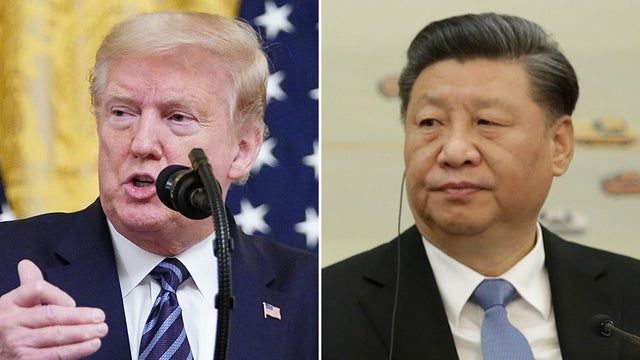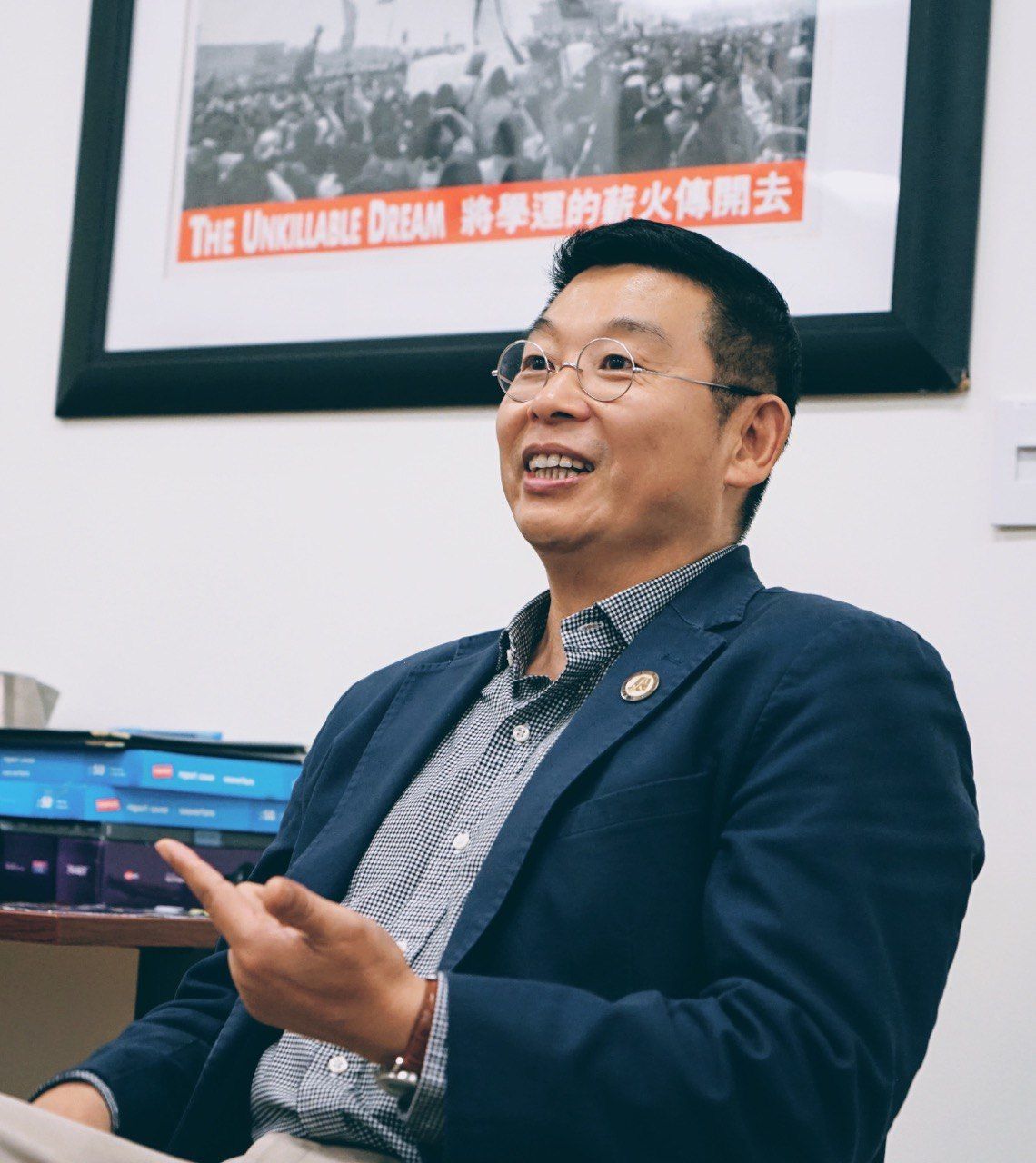Chinese dissidents who deny Trump's defeat reinforce China's propaganda
BY JIANLI YANG AND AARON RHODES
Many diaspora Chinese who oppose Chinese President Xi Jinping’s policies have supported President Trump, despite his abortive early attempt at developing a “bromance” with Xi. Many have admired Trump as a strong leader who was unafraid to use the economic and political power of America to defend the country, and ready to act unilaterally to resist Chinese Communist Party (CCP) subversion and hegemony. They have appreciated Secretary of State Mike Pompeo’s honesty in clarifying the differences between totalitarianism in China and the guiding moral principles of individual rights and freedoms that are America's central political creed. In general, many Chinese dissidents considered the Trump administration as an ally in their uphill struggle to make the world understand — and to confront the threat of — a fascist, expansionist regime.

But with Trump’s refusal to accept defeat, the wave of political irrationality that has enveloped many of his followers appears to have infected the Chinese dissidence movement and exposed moral weaknesses that need to be addressed if it is to pose a serious alternative to the CCP. Since real political change in China can come only from the Chinese, this problem could have profound implications for the future.
Democracy is not compatible with hero worship and the domination of a society’s politics by any particular personality; in order to function, democracy demands rational reflection and emotionally detached choice. Like all American presidents, Trump made mistakes, although some of his policies were effective. But many of his supporters are unable to acknowledge his mistakes and turned vitriolic.
Democracy also depends on the peaceful transfer of political authority. It follows that if his supporters believe that Trump is infallible and politically invincible, it should be impossible for him to lose an election. Many Chinese dissidents who are active on social media apparently believe that Trump, in fact, won the election but that a vast conspiracy, in which the CCP has colluded with other leftist forces, illegally overturned the results.
Civility, including respect for opposing views, is essential in any real democracy. But too many of the expressions by dissidents in support of these theories have been extreme and fanatical. Indeed, many of the actions of some of Trump’s American followers in the aftermath of the election have been intellectually and physically destructive, manifesting a mentality that reminds us of how populations sometimes have reacted to massive psychic setbacks caused by military defeat or natural disasters.
The Chinese pro-Trump dissident community, like many Americans, appears to be largely in denial. In their search of answers for how Trump possibly could have been defeated, they promote extremist explanations that inadvertently converge with, and reinforce, the CCP propaganda they oppose. Indeed, they are reinforcing the CCP’s grandiose ambitions by claiming the CCP has the capacity to influence local, state and federal election officialdom and American courts. If anyone claims that the Chinese communists managed to corrupt the entire American electoral apparatus, they are saying American democracy is finished — which is exactly what the CCP would have the world believe.
It is not uncommon for political refugees from tyrannies to drift toward extreme and impractical views, driven by frustration that overpowers democratic impulses. Politically marginalized and cut off from possibilities to improve life for their compatriots at home, they feel moral outrage that has no outlet.
But America’s post-election foibles should offer lessons for all who seek the political freedoms the system was founded to protect. Our leaders are fellow citizens entrusted with temporary and limited powers. There is nothing more essential to democracy than losing an election gracefully and pledging cooperation with the victor. We are all entitled to our views, as long as we do not advocate the violent suppression of others. The self-discipline of citizens must ensure that political passions do not overcome rational thought.
Let us work together so that Donald Trump’s loss does not become a victory for China’s totalitarian bosses, who encourage and exploit America’s failures to live up to the challenges of self-rule.

Jianli Yang is founder and president of Citizen Power Initiatives for China, a Tiananmen Massacre survivor, and a former political prisoner in China. Follow on Twitter @CitizenPowerIFC.
Aaron Rhodes is president of the Forum for Religious Freedom-Europe and the author of “The Debasement of Human Rights” (2018). Follow him on Twitter @Rhodesaaron.